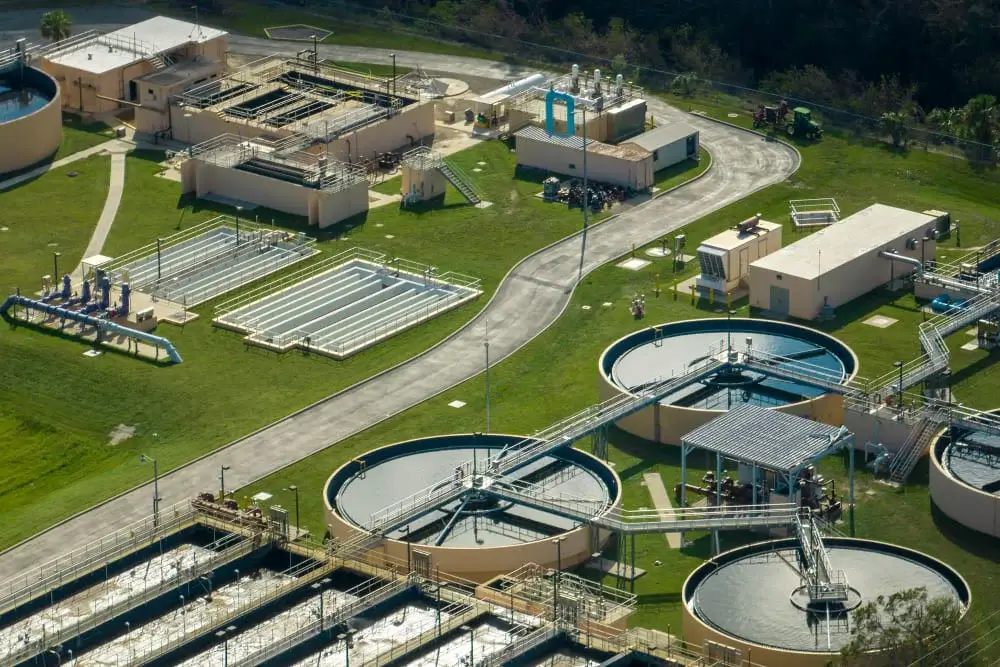The Role of Biological Processes in Industrial Wastewater Treatment
Industrial wastewater treatment is a critical process that ensures the protection of our environment and public health. Within this realm, biological processes play a pivotal role in breaking down organic contaminants and purifying wastewater. In the context of the UAE, where industries are rapidly growing and environmental regulations are stringent, understanding the significance of biological processes in industrial wastewater treatment UAE is paramount.
Types of Biological Processes Used in Industrial Wastewater Treatment

Aerobic Biological Treatment
One of the primary biological processes employed in industrial wastewater treatment is aerobic biological treatment. This process utilises microorganisms that thrive in oxygen-rich environments to metabolise organic pollutants present in wastewater. Through aerobic digestion, these microorganisms break down complex organic compounds into simpler, less harmful substances, ultimately purifying the wastewater. Industrial facilities in the UAE leverage aerobic biological treatment systems such as activated sludge processes and aerated lagoons to efficiently treat their wastewater streams, ensuring compliance with regulatory standards.
Anaerobic Biological Treatment
In addition to aerobic processes, anaerobic biological treatment is another valuable tool in the arsenal of industrial wastewater treatment. Unlike aerobic processes, anaerobic treatment occurs in the absence of oxygen, relying on anaerobic microorganisms to degrade organic matter through fermentation and methanogenesis. This process not only removes organic pollutants but also produces biogas, a renewable energy source. In the UAE, industries are increasingly adopting anaerobic digestion systems to treat high-strength organic wastewater while simultaneously generating energy, contributing to both environmental sustainability and economic viability.
Advantages of Biological Processes in Industrial Wastewater Treatment
Cost-effectiveness
Biological processes offer several advantages over conventional physicochemical treatment methods, including cost-effectiveness. While upfront capital costs for installing biological treatment systems may be higher, operating and maintenance expenses are generally lower in the long run. This is particularly relevant in the UAE, where industries are continuously seeking ways to optimise operational efficiency and reduce operational costs. By harnessing the natural capabilities of microorganisms, biological treatment processes minimise the need for expensive chemicals and energy-intensive processes, resulting in significant cost savings over time.
Environmental sustainability
Beyond economic benefits, biological processes contribute to environmental sustainability by promoting the natural degradation of contaminants without generating harmful byproducts. Unlike chemical treatments, which often produce secondary pollutants and require extensive post-treatment processes, biological treatment systems operate in harmony with nature, minimising environmental impact. In the UAE, where preserving fragile ecosystems and conserving natural resources are of utmost importance, the adoption of biological processes aligns with the nation’s commitment to sustainable development and environmental stewardship.
Challenges and Considerations in Implementing Biological Processes for Industrial Wastewater Treatment
While biological processes offer numerous advantages, their implementation in industrial wastewater treatment is not without challenges. Factors such as fluctuating influent characteristics, temperature variations, and the presence of toxic compounds affect the performance and stability of biological treatment systems. Additionally, the need for skilled personnel and stringent process control measures underscores the importance of proper design, operation, and monitoring of biological treatment facilities. Despite these challenges, ongoing research and technological advancements continue to enhance the effectiveness and reliability of biological processes in industrial wastewater treatment UAE, laying the groundwork for a future that is more sustainable and green in the UAE and globally.
In conclusion, biological processes play a vital role in industrial wastewater treatment in the UAE, offering cost-effective and environmentally sustainable solutions for treating complex wastewater streams. By harnessing the power of microorganisms, industries in the UAE can meet regulatory requirements, minimise environmental impact, and contribute to the nation’s sustainable development goals. As technology evolves and awareness grows, biological treatment processes will undoubtedly remain a cornerstone of wastewater management practices, ensuring a cleaner and healthier environment for future generations. Industrial Wastewater Treatment UAE.

